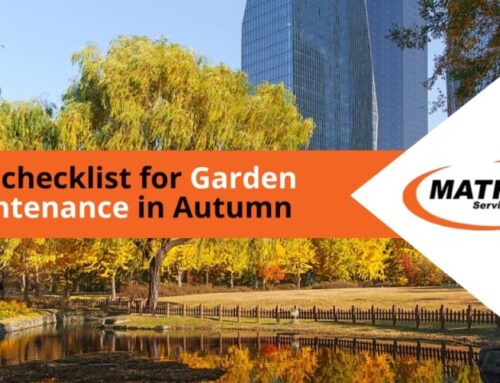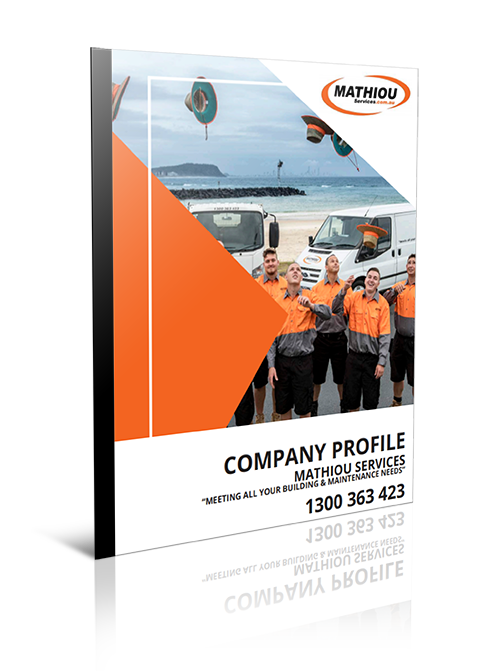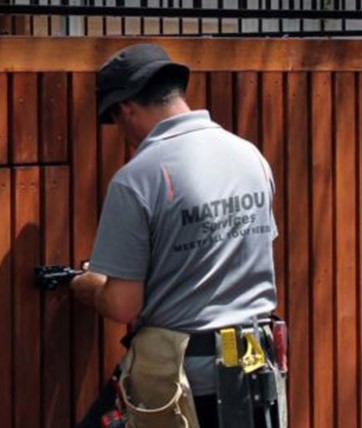We often underestimate what needs to be done ahead of time to get a key job done that may only be able to be completed during the down time of your business. Like many of us, procrastination or other priorities come up a lot, so these projects that need to be booked well ahead of time as trades get booked up fairly quickly often get pushed to the side and the lead in times for booking something gets shorter and shorter. Next thing you know you’re scrambling to book in those crucial jobs that can only get done while your facilities is in its quietest and emptiest periods – HOLIDAYS.
What types of works need to be done during this period?
In truth, any trade can work around people however the level of disruption from noise, smells, and risk depending on your facilities and the types of works required can prevent the works from being carried out with little to no disruption to you, your occupants or the tradesmen themselves.
For example, an air con servicing can happen during the week but if the equipment is generally in a functioning classroom or office then it can be disruptive to the working environment not to mention the dust simply from removing the filters can trigger hay fever and asthma attacks.
Or where painting is concerned, we would need to isolate that area for a period of time to allow for prep, paint and procurement. There would also be strong odours from the paint, although it’s low VOC and non-toxic, sensitivity to smells differ from person to person so we always recommend doing these works when the room is in non-use and can be aired for 12-24hours.
A more known one would be an interior fit-out or strip and seal – both of these works would require you to empty the room and have no foot traffic until completion.
Why book in advance?
There are only three- 2-week holidays – Terms 1, 2 and 3. And ONE 8-10-week holiday at the end of Term 4, so planning is key for getting your trades in at the right time for the job you require.
Things to think about when booking in trades for a high traffic area
- Risk factors – is the site too exposed for others in the area, how can we keep safe – who is responsible for the safety barrier and who is communication to occupants, when and how often are you going to communicate?
- Level of disruption to occupants – how many users will be interrupted, is there an alternative for them? Can the area be closed off?
- Ease of material and logistical traffic- can the trades get in and out without impacting occupants
- Time-frame of works to be carried out – How long will it impact occupants? What parts of the works will impact the most? Can we fit it into our quieter times or is there parts of the works that can be done during peak and others during the holidays?
- Noise levels – Whether it’s high-pitched grinding or a constant humm of a machine – this can be disruptive to the productivity of those around the area so then you would need to ask the key question – What parts of the works will impact you most? Can we fit it into our quieter times or is there parts of the works that can be done during peak and others during the holidays?
- Smells – are there any odours that would impact the productivity of staff or occupants? Can you isolate this? Does it need to be done during holidays, after hours?
- Legal Ramifications – am I legally allowed to take this space away from the occupants or do I need to apply for special council permission to complete these works








